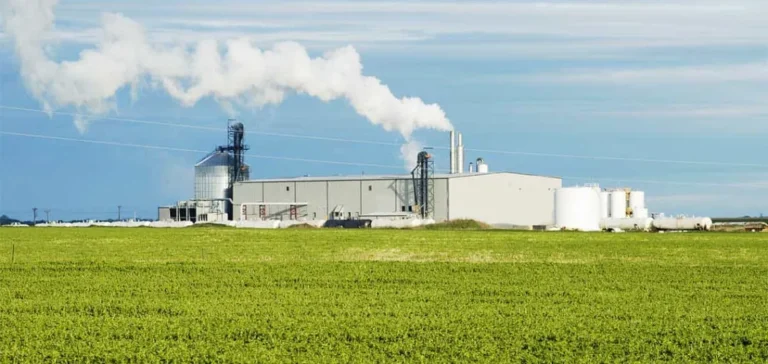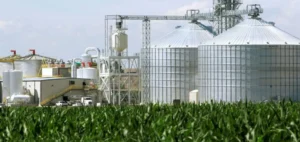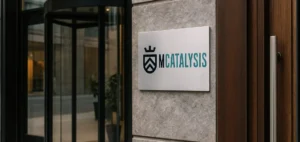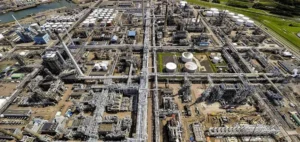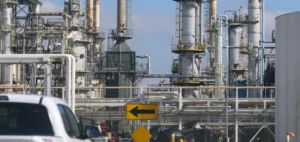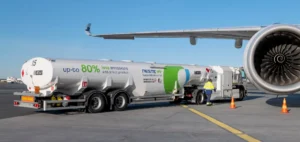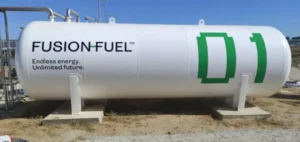Biofuels and biocombustibles remain on the sidelines of national energy policies, despite their capacity to guarantee supply continuity and network security. Current policies favour an accelerated reduction of traditional fuels without offering sufficient recognition to these alternatives, which are aligned with the European directive aiming to reduce greenhouse gas emissions.
Outlooks hampered by a lack of regulatory framework
Industry stakeholders point to the absence of concrete measures allowing for the development of bio-based products on the market. They mention a lack of visibility linked to unsuitable taxation and a lack of institutional recognition, elements that hinder investment and innovation. This support deficit makes it difficult for the sector to project itself in the medium and long term, despite increasing demand for diversified energy solutions.
The first market introduction of a biofuel containing up to 30% rapeseed methyl ester (F30) took place at the end of 2022. By 2027, the introduction of a predominantly renewable biofuel is planned, with the subsequent arrival of a 100% renewable biocombustible as the target. This timetable is considered insufficient by the sector, which insists on the urgency of speeding up regulatory recognition to support the industry’s transformation.
A promising yet underutilised market
Biofuels such as B100, renewable paraffinic diesel (HVO), and biomethane fuel (BioGNV) pave the way for a rapid reduction in carbon dioxide (CO2) emissions in transport. Some major companies in the sector are already using them for their entire fleets and equipment, confirming operational feasibility.
Specialised companies provide the annual supply of nearly 12 mn cubic metres of fuel for the agricultural, forestry, construction, and public works sectors, as well as for professional transport. They also guarantee access to fuels, including wood energy and liquid combustibles, for over five million users in areas not served by traditional networks.
A call for diversification in the future energy mix
Ahead of the next Multiannual Energy Programming (PPE), the representative federation for distribution is calling for better consideration of the diversity of territorial needs. It recommends the diversification of solutions to ensure supply and meet the specificity of different regional markets.
In a context where France could fall behind other countries accelerating the development of biofuels and biocombustibles, the sector is questioning the risks linked to the lack of concrete commitment and the future of alternative sectors within the national energy strategy.


